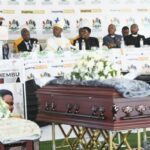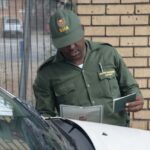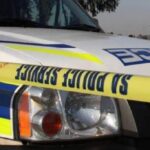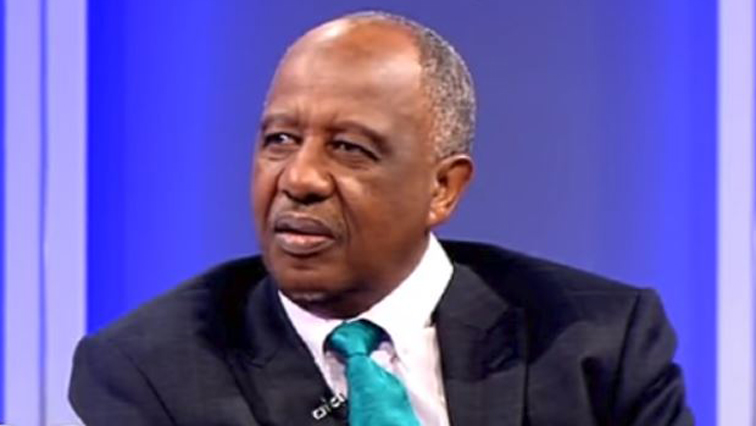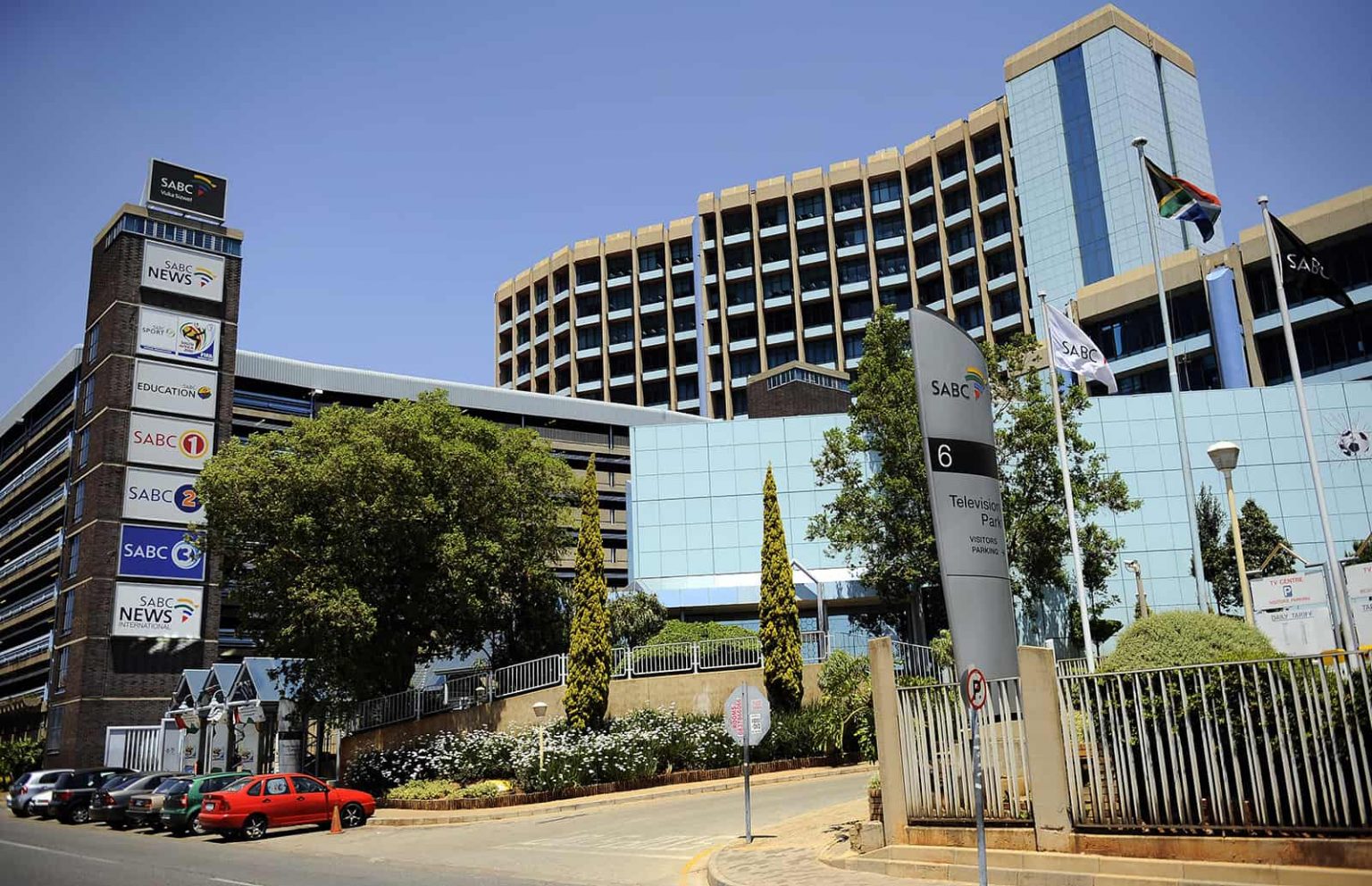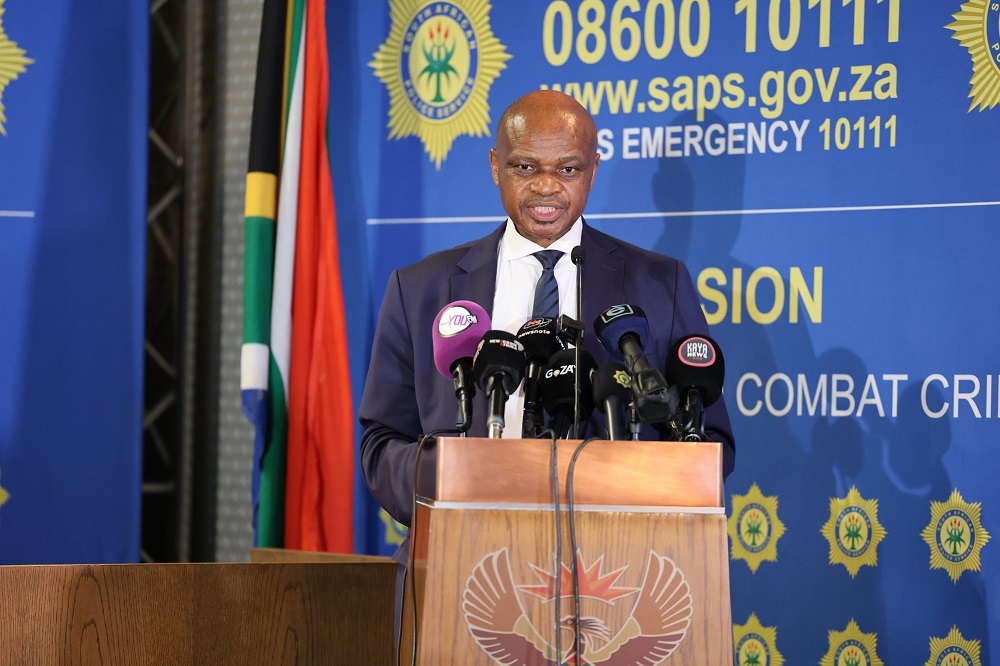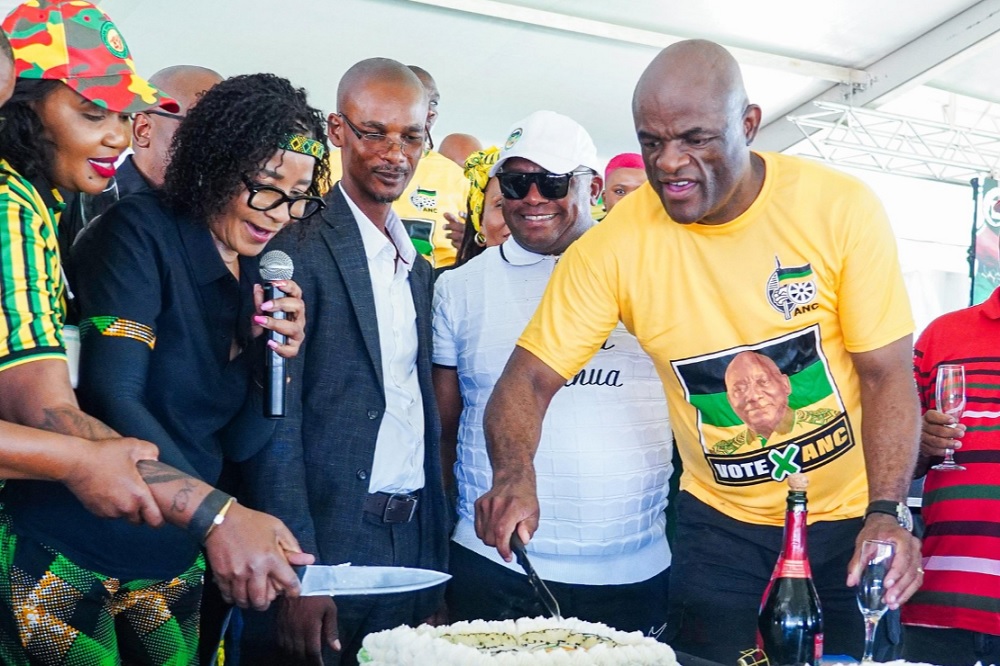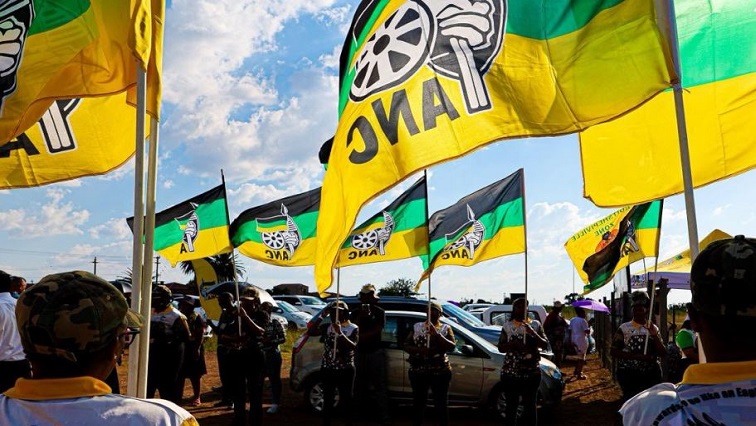-
Adv Dumisa Ntsebeza.
Former Truth and Reconciliation Commission (TRC) Commissioner, Senior Counsel Advocate Dumisa Ntsebeza, has called for the Commission of Inquiry into the delay in prosecuting apartheid-era crimes to focus exclusively on determining whether political interference obstructed the work of the National Prosecuting Authority (NPA). This comes after President Cyril Ramaphosa announced the establishment of the inquiry, aiming to uncover the true facts and provide closure for victims of apartheid-era crimes.
Victims are expressing relief as the process begins, which is expected to examine if there was political obstruction in the pursuit of justice for atrocities committed during apartheid. Ntsebeza, who was pleasantly surprised by the announcement, emphasized the need for a targeted inquiry.
“There needs to be a focus; this must not be a generalised commission of inquiry. The inquiry should address only one question: Was there political interference with the work of the NPA?” Ntsebeza stated.
This announcement follows growing pressure from the families of victims, who continue to seek justice for apartheid-era crimes. Earlier this year, 25 families and survivors filed an application in the Gauteng High Court against President Cyril Ramaphosa’s government, demanding constitutional damages for what they claim is the government’s failure to investigate and prosecute political crimes from the apartheid era.
One notable case is the Cradock Four, where Ntsebeza noted that all known perpetrators had since passed away, leaving many victims without closure.
“I am reliably told that all known perpetrators in the Cradock Four case have died, and there has been no response to why prosecutions were never pursued,” Ntsebeza says.
This situation reflects the deep miscarriage of justice felt by many families of anti-apartheid activists, some of whom have faced delays of over 30 years in seeking justice. Ntsebeza, who also lost his cousin Batandwa Ndondo in 1985 to an abduction and murder that remains unresolved, called for accountability from those who might have stalled or prevented prosecutions.
“How do you remember the details of events from 30 years ago? This is where justice has become the casualty,” Ntsebeza explains.
“It is crucial to understand why there was political interference with NPA officials who wanted to prosecute once they received evidence from the amnesty committee, which referred 300 cases for investigation and prosecution.”
While commissions of inquiry are often long and costly, South Africans are hoping that this one will finally bring justice for the families of anti-apartheid activists and provide closure to those who have long awaited accountability.

